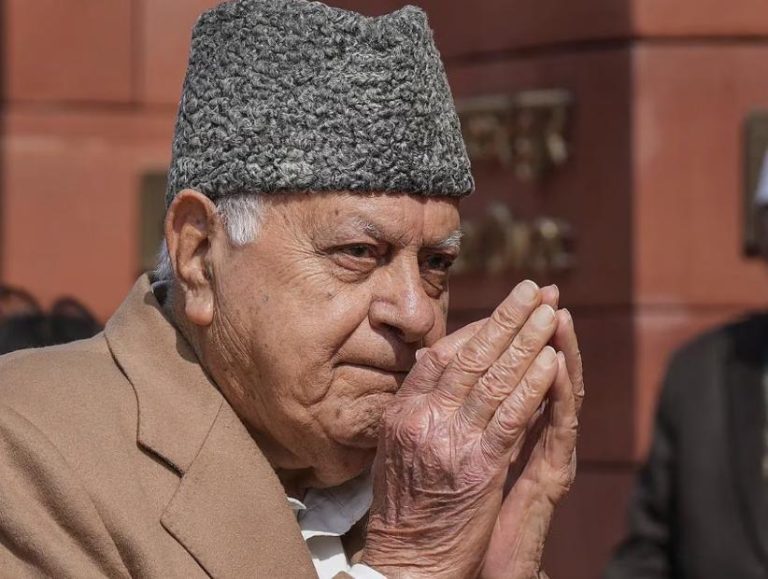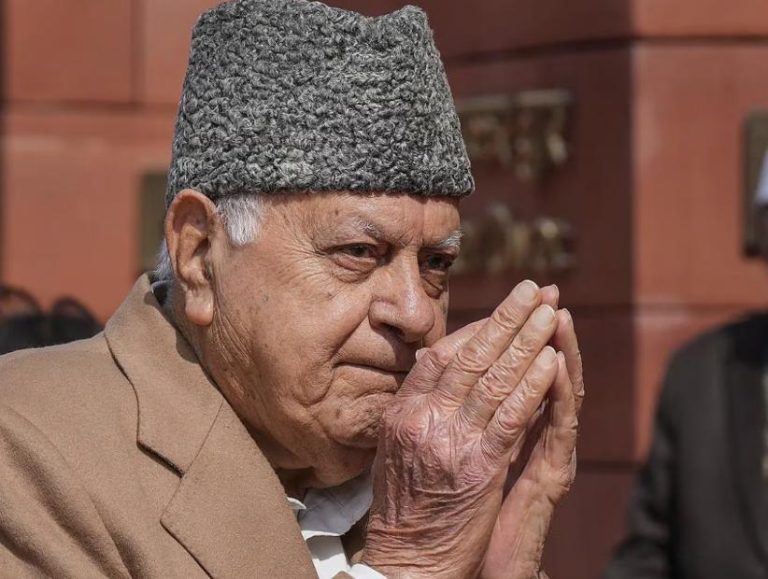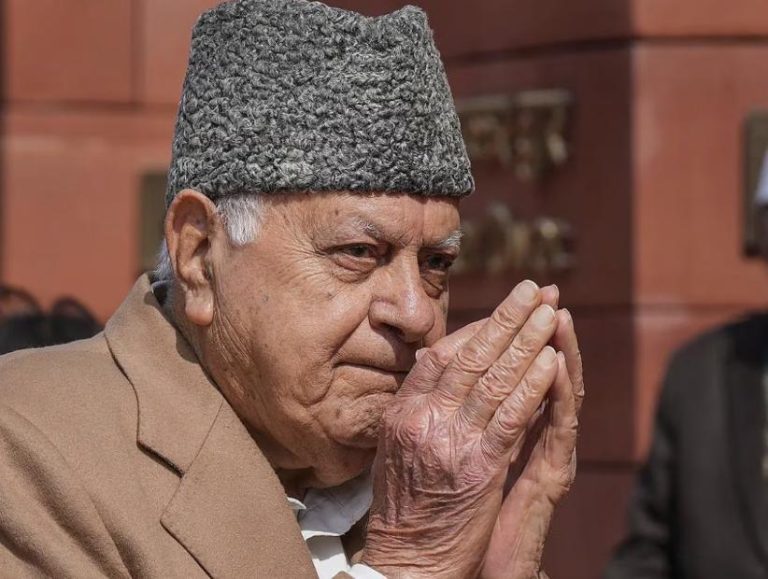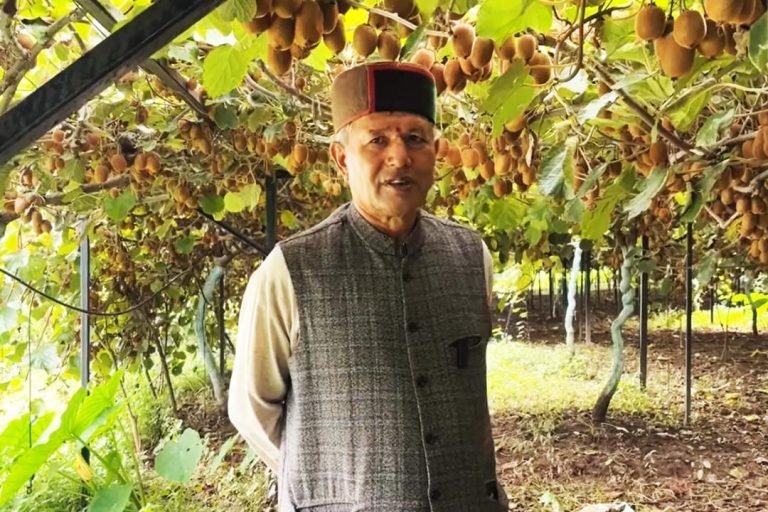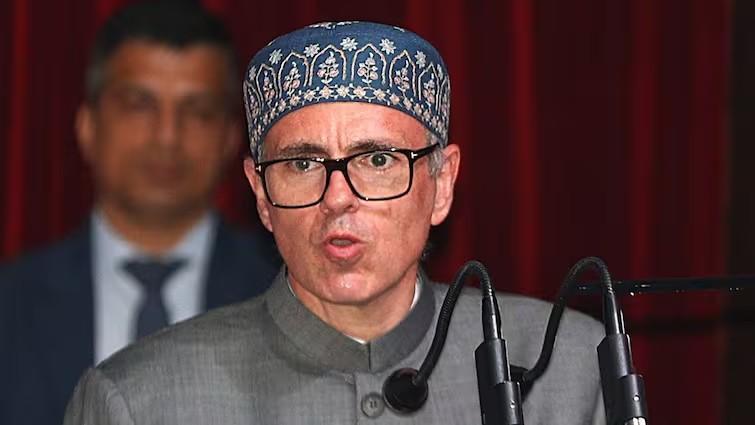
Normalcy in J&K post Art 370 abrogation is forced, not organic: CM
The abrogation of Article 370 in August 2019 led to a significant shift in the political landscape of Jammu and Kashmir. The move, which aimed to integrate the region with the rest of the country, was met with widespread protests and unrest. However, as time passed, the situation began to stabilize, and the region slowly returned to a semblance of normalcy. Or so it seemed.
Jammu and Kashmir Chief Minister Omar Abdullah, in a recent statement, has claimed that the normalcy in the region is not organic, but rather forced. He believes that the public is not genuinely convinced that the situation has returned to normal, and that there is a deep-seated fear that still pervades the region.
“If what is happening in J&K is organic, then nothing like it,” Abdullah said. “If it is driven out of fear, then there’s a problem.” He added, “But I’ll hazard that people don’t believe it is organic.”
Abdullah’s comments are a scathing critique of the government’s claim that the region has returned to normal. The Centre has repeatedly emphasized that the situation has stabilized, and that the people of Jammu and Kashmir are now free to live their lives without fear of violence or intimidation.
However, Abdullah’s perspective is not without merit. The region has indeed seen a significant decline in violence and militancy since the abrogation of Article 370. However, many residents of Jammu and Kashmir still live in a state of uncertainty, with many feeling that their autonomy and rights have been eroded.
The abrogation of Article 370 was a major blow to the region’s autonomy, and many residents felt that their rights were being trampled upon. The move also led to a massive crackdown on dissent, with thousands of people, including politicians, activists, and even ordinary citizens, being detained or arrested.
The situation was further complicated by the government’s decision to impose a strict curfew, which was only lifted gradually over the course of several months. The curfew was enforced by thousands of security personnel, who were deployed across the region to maintain order.
While the curfew was eventually lifted, many residents of Jammu and Kashmir still feel that they are living under a state of siege. The region is still heavily militarized, with security personnel patrolling the streets and monitoring the movements of citizens.
Abdullah’s comments are a reflection of the widespread discontent and disillusionment that pervades the region. Many residents of Jammu and Kashmir feel that they have been treated unfairly, and that their rights and autonomy have been eroded.
The situation is further complicated by the fact that the region is still struggling to come to terms with the economic and social consequences of the abrogation of Article 370. The move has led to a significant decline in tourism, which was a major source of revenue for the region. Many businesses have been forced to shut down, and thousands of people have lost their jobs.
In addition, the region’s healthcare and education systems are still struggling to recover from the devastating impact of the abrogation of Article 370. Many hospitals and healthcare facilities are still understaffed and under-equipped, and many schools and colleges are still struggling to function.
The situation is a stark reminder of the human cost of the abrogation of Article 370. While the government may claim that the region has returned to normal, the reality is that many residents of Jammu and Kashmir are still struggling to survive.
Abdullah’s comments are a powerful indictment of the government’s handling of the situation. He is right to suggest that the normalcy in Jammu and Kashmir is not organic, but rather forced. The region is still living in a state of uncertainty, and many residents are still struggling to come to terms with the consequences of the abrogation of Article 370.
In conclusion, Omar Abdullah’s comments highlight the deep-seated problems that still plague Jammu and Kashmir. While the region may have returned to a semblance of normalcy, the reality is that many residents are still living in a state of fear and uncertainty. The government needs to take a more nuanced approach to addressing the region’s problems, and to work towards creating a more inclusive and sustainable future for all residents of Jammu and Kashmir.
